Home>Gardening & Outdoor>Landscaping Ideas>When Is The Best Time To Seed Bermuda Grass
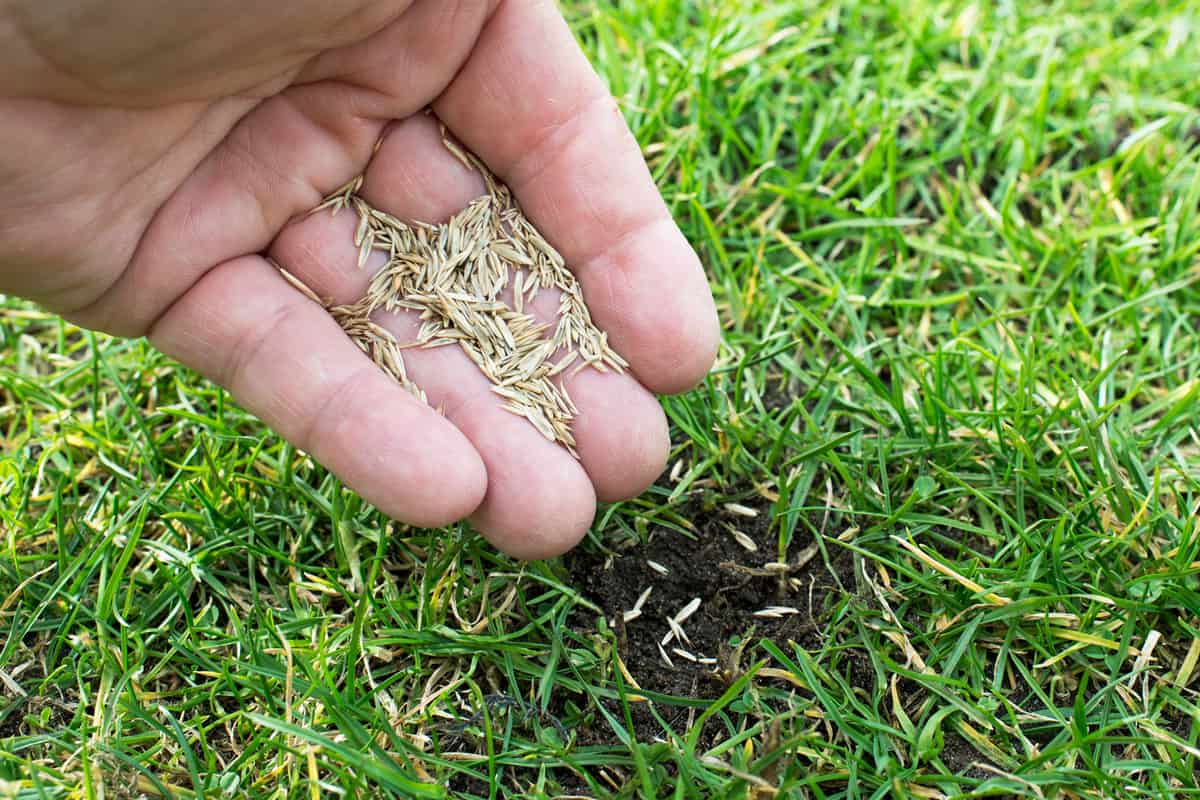

Landscaping Ideas
When Is The Best Time To Seed Bermuda Grass
Modified: March 29, 2024
Discover the best time to seed Bermuda grass for your landscaping ideas. Learn expert tips for successful lawn seeding and maintenance.
(Many of the links in this article redirect to a specific reviewed product. Your purchase of these products through affiliate links helps to generate commission for Storables.com, at no extra cost. Learn more)
**
Introduction
**
When it comes to creating a lush, vibrant lawn, Bermuda grass is a popular choice for many homeowners. Its resilience, durability, and ability to thrive in various climates make it a top contender for those seeking a beautiful and low-maintenance lawn. However, achieving the perfect Bermuda grass lawn requires careful planning and timing, especially when it comes to seeding.
In this comprehensive guide, we will explore the best time to seed Bermuda grass, taking into account various factors that can influence the success of your lawn. By understanding the optimal conditions for seeding Bermuda grass, you can maximize the chances of establishing a healthy, verdant lawn that will be the envy of your neighborhood.
So, let's delve into the world of Bermuda grass and uncover the ideal timing for seeding this resilient and visually appealing grass variety.
**
Key Takeaways:
- The best time to seed Bermuda grass is in spring or early summer for optimal growth and establishment, taking into account factors like climate, soil temperature, and sunlight exposure.
- Diligent soil preparation is crucial before seeding Bermuda grass, including debris removal, soil tilling, and potential soil amendments based on test results, to ensure healthy growth and long-term resilience.
Understanding Bermuda Grass
**
Before delving into the best time to seed Bermuda grass, it’s essential to grasp the characteristics of this popular warm-season grass. Bermuda grass (Cynodon dactylon) is known for its fine texture, excellent heat tolerance, and rapid growth, making it a sought-after choice for lawns, golf courses, and athletic fields.
This resilient grass variety thrives in full sun and can withstand drought conditions, making it an ideal choice for regions with hot, arid climates. Its ability to spread quickly through both aboveground runners, known as stolons, and belowground stems, called rhizomes, contributes to its dense and lush appearance.
Bermuda grass is also prized for its exceptional wear tolerance, quick recovery from damage, and resistance to pests and diseases. Its adaptability to various soil types, including sandy, loamy, and clay soils, further enhances its appeal for homeowners seeking a low-maintenance yet visually striking lawn.
Understanding the growth habits, environmental preferences, and resilience of Bermuda grass is crucial for determining the optimal conditions for seeding. By gaining insight into the unique characteristics of Bermuda grass, homeowners can make informed decisions regarding the timing and methods for establishing a thriving Bermuda grass lawn.
**
Factors to Consider
**
Several factors play a pivotal role in determining the best time to seed Bermuda grass. By carefully considering these elements, homeowners can maximize the success of their lawn establishment and ensure optimal conditions for Bermuda grass germination and growth.
Climate and Temperature:
The climate of a region heavily influences the ideal timing for seeding Bermuda grass. Warm-season grasses, including Bermuda grass, thrive in temperatures ranging from 75 to 90 degrees Fahrenheit. Therefore, regions with warm climates, such as the southern United States, are conducive to Bermuda grass seeding during the spring and early summer when temperatures are consistently warm.
Soil Temperature:
Soil temperature is a critical factor in Bermuda grass seed germination. The soil temperature should be consistently above 65 degrees Fahrenheit for successful seed establishment. Monitoring soil temperature with a soil thermometer can help determine the optimal timing for seeding Bermuda grass.
Frost-Free Period:
Seeding Bermuda grass should coincide with the frost-free period in a specific region. Planting too early, before the last frost, can expose the emerging grass to potential damage. Therefore, it is essential to consider the average date of the last frost when planning the seeding time for Bermuda grass.
Sunlight and Shade:
Bermuda grass thrives in full sun and requires at least 6 to 8 hours of direct sunlight daily. Therefore, homeowners should consider the sun exposure in their lawn area when determining the best time to seed Bermuda grass. Seeding during a period of ample sunlight promotes robust growth and establishment.
Water Availability:
Adequate water is crucial for Bermuda grass seed germination and establishment. Therefore, homeowners should consider the availability of consistent irrigation or natural rainfall when planning the seeding time. Seeding Bermuda grass during a period with reliable access to water can enhance the success of lawn establishment.
By carefully evaluating these factors, homeowners can make informed decisions regarding the optimal timing for seeding Bermuda grass, setting the stage for a thriving and visually appealing lawn.
**
The best time to seed Bermuda grass is in late spring or early summer when the soil temperature is consistently above 65°F. This will give the seeds the best chance to germinate and establish before the cooler fall weather sets in.
Best Time to Seed Bermuda Grass
**
Choosing the best time to seed Bermuda grass is crucial for establishing a healthy and vibrant lawn. The optimal timing for seeding varies based on geographical location, climate, and local growing conditions. By considering the following guidelines, homeowners can determine the ideal window for seeding Bermuda grass, setting the stage for successful lawn establishment.
Spring Seeding:
For homeowners residing in regions with warm climates, such as the southern United States, spring is an ideal time to seed Bermuda grass. As temperatures rise and the soil warms up, typically between late spring and early summer, the conditions become favorable for Bermuda grass seed germination and establishment. Spring seeding allows the grass to take advantage of the warm weather and ample sunlight, promoting robust growth and rapid establishment.
Early Summer Seeding:
In areas with prolonged periods of warm weather, early summer, particularly in the months of May and June, presents another opportunity for seeding Bermuda grass. The soil temperature remains consistently warm, and the risk of late frosts diminishes, creating an optimal environment for successful seed germination and vigorous growth.
Overseeding Existing Lawns:
For homeowners looking to rejuvenate existing Bermuda grass lawns or fill in sparse areas, overseeding can be performed in late spring to early summer. This process involves broadcasting Bermuda grass seeds over the established lawn, allowing new grass to germinate and integrate with the existing turf. Overseeding is an effective method for enhancing the density and lushness of Bermuda grass lawns, particularly in regions with warm climates.
Soil Preparation:
Prior to seeding Bermuda grass, thorough soil preparation is essential for creating an optimal growing environment. This includes removing debris, tilling the soil to improve aeration, and incorporating organic matter to enhance soil fertility. Conducting a soil test can also provide valuable insights into the soil’s pH and nutrient levels, guiding homeowners in making necessary amendments to promote healthy grass growth.
By aligning the seeding process with the most favorable timing based on regional climate and growing conditions, homeowners can maximize the success of establishing a lush and resilient Bermuda grass lawn.
**
Conclusion
**
Establishing a thriving Bermuda grass lawn begins with strategic timing and careful consideration of various factors that influence successful seed germination and growth. By understanding the unique characteristics of Bermuda grass and the optimal conditions for its establishment, homeowners can set the stage for a visually stunning and resilient lawn that enhances the beauty of their outdoor space.
When determining the best time to seed Bermuda grass, it is crucial to consider the regional climate, soil temperature, frost-free period, sunlight exposure, and water availability. These factors play a pivotal role in creating an environment conducive to Bermuda grass seed germination and vigorous growth.
Spring and early summer emerge as the prime windows for seeding Bermuda grass in regions with warm climates, allowing the grass to harness the warmth and ample sunlight for robust establishment. Additionally, overseeding existing Bermuda grass lawns during this period can rejuvenate and enhance the density of the turf, contributing to a lush and vibrant lawn.
Prior to seeding Bermuda grass, diligent soil preparation, including debris removal, soil tilling, and potential amendments based on soil test results, sets the foundation for healthy grass growth and long-term resilience.
By leveraging the insights provided in this guide and aligning the seeding process with the most favorable timing based on regional climate and growing conditions, homeowners can embark on a journey to cultivate a stunning Bermuda grass lawn that serves as a testament to their dedication and meticulous lawn care practices.
With careful planning, attention to detail, and a deep understanding of Bermuda grass’s unique requirements, homeowners can transform their outdoor spaces into inviting and picturesque settings adorned with the lush beauty of Bermuda grass.
Frequently Asked Questions about When Is The Best Time To Seed Bermuda Grass
Was this page helpful?
At Storables.com, we guarantee accurate and reliable information. Our content, validated by Expert Board Contributors, is crafted following stringent Editorial Policies. We're committed to providing you with well-researched, expert-backed insights for all your informational needs.
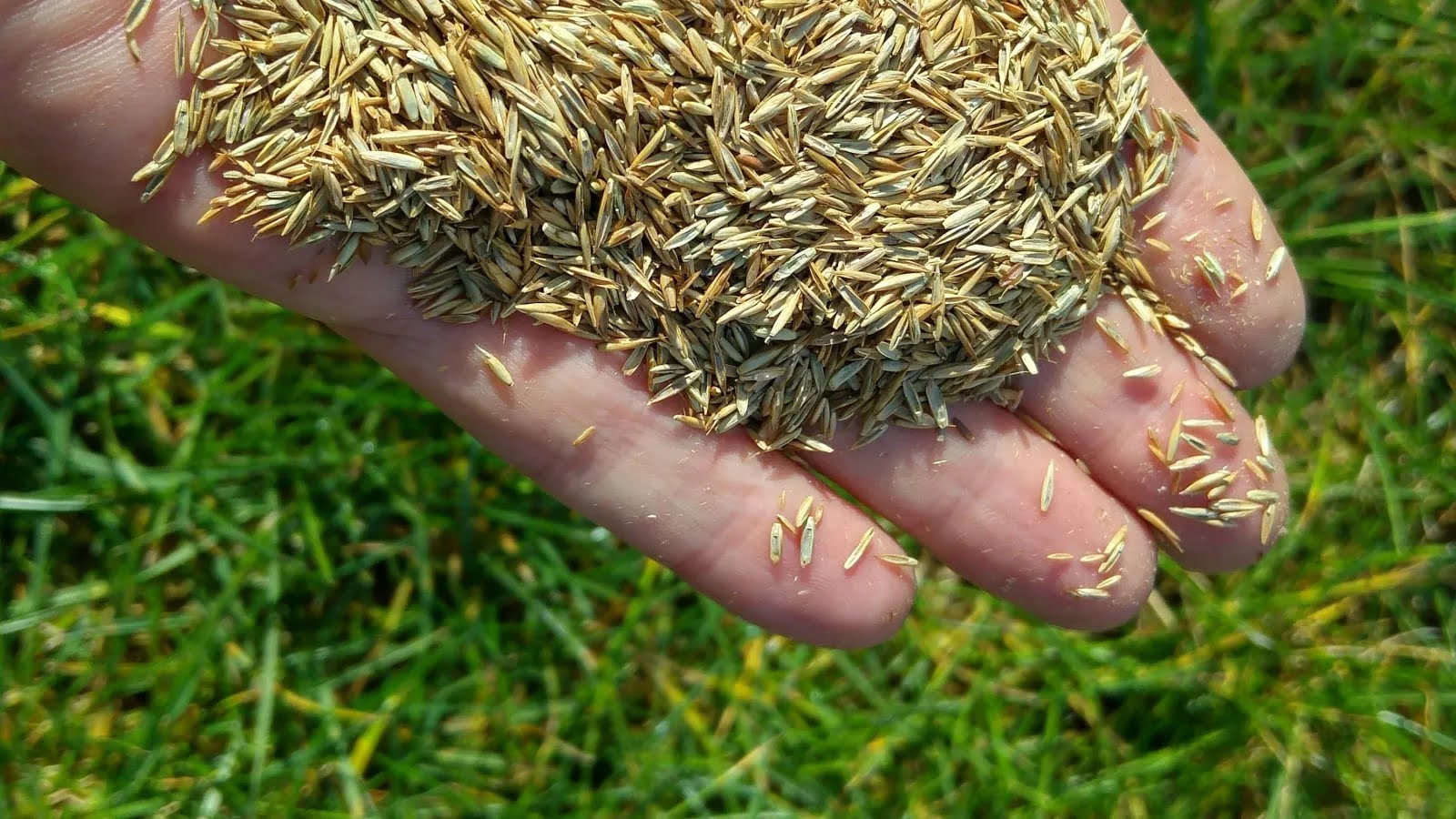
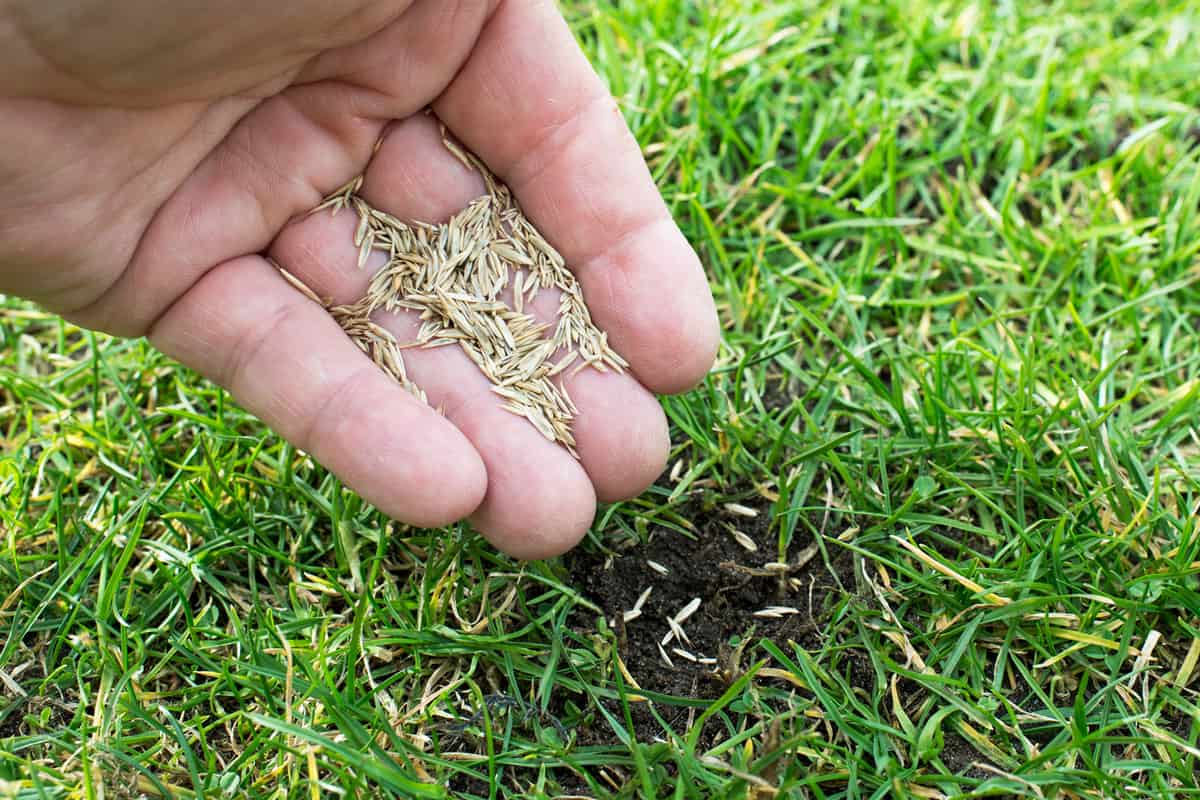
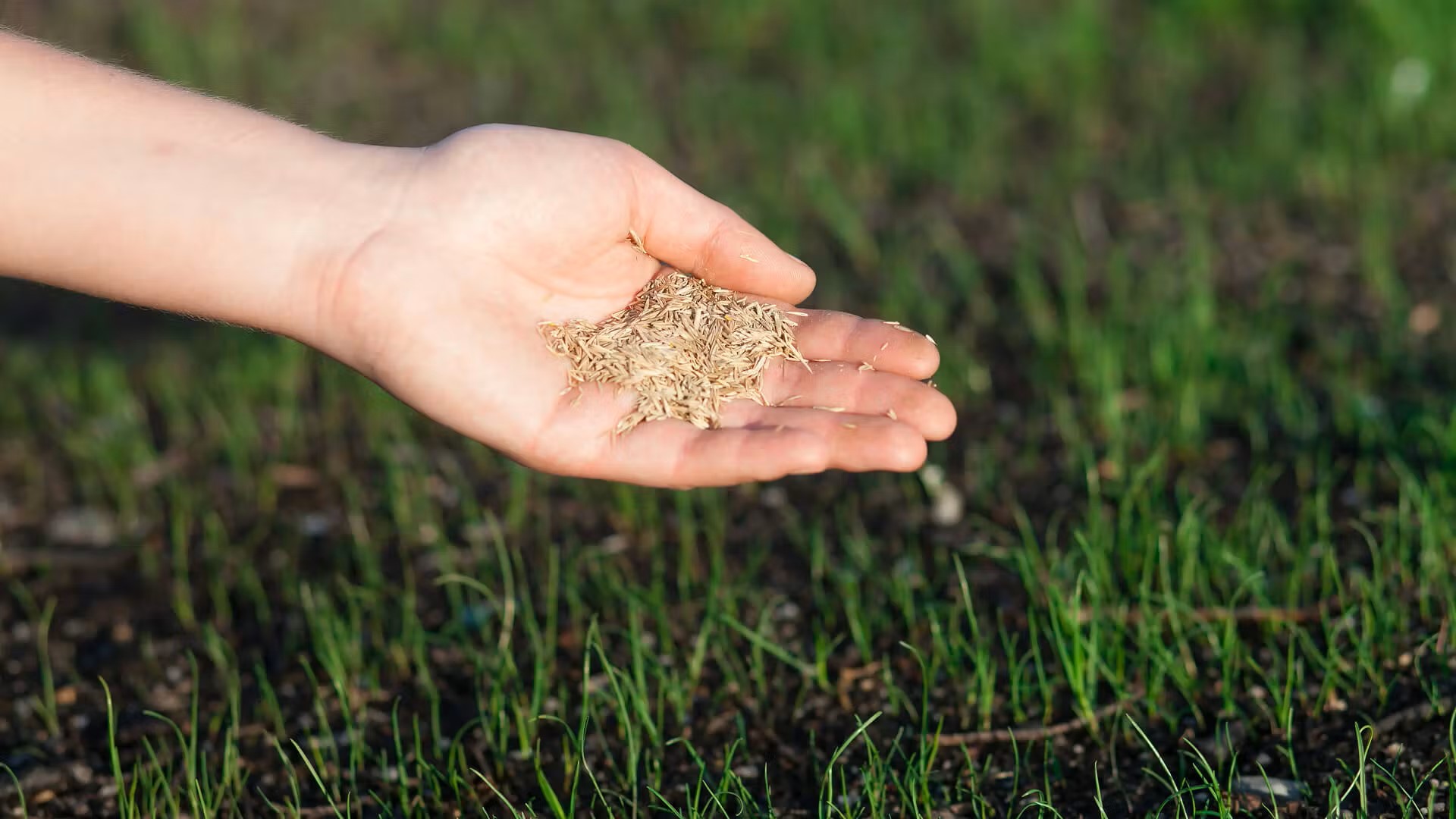
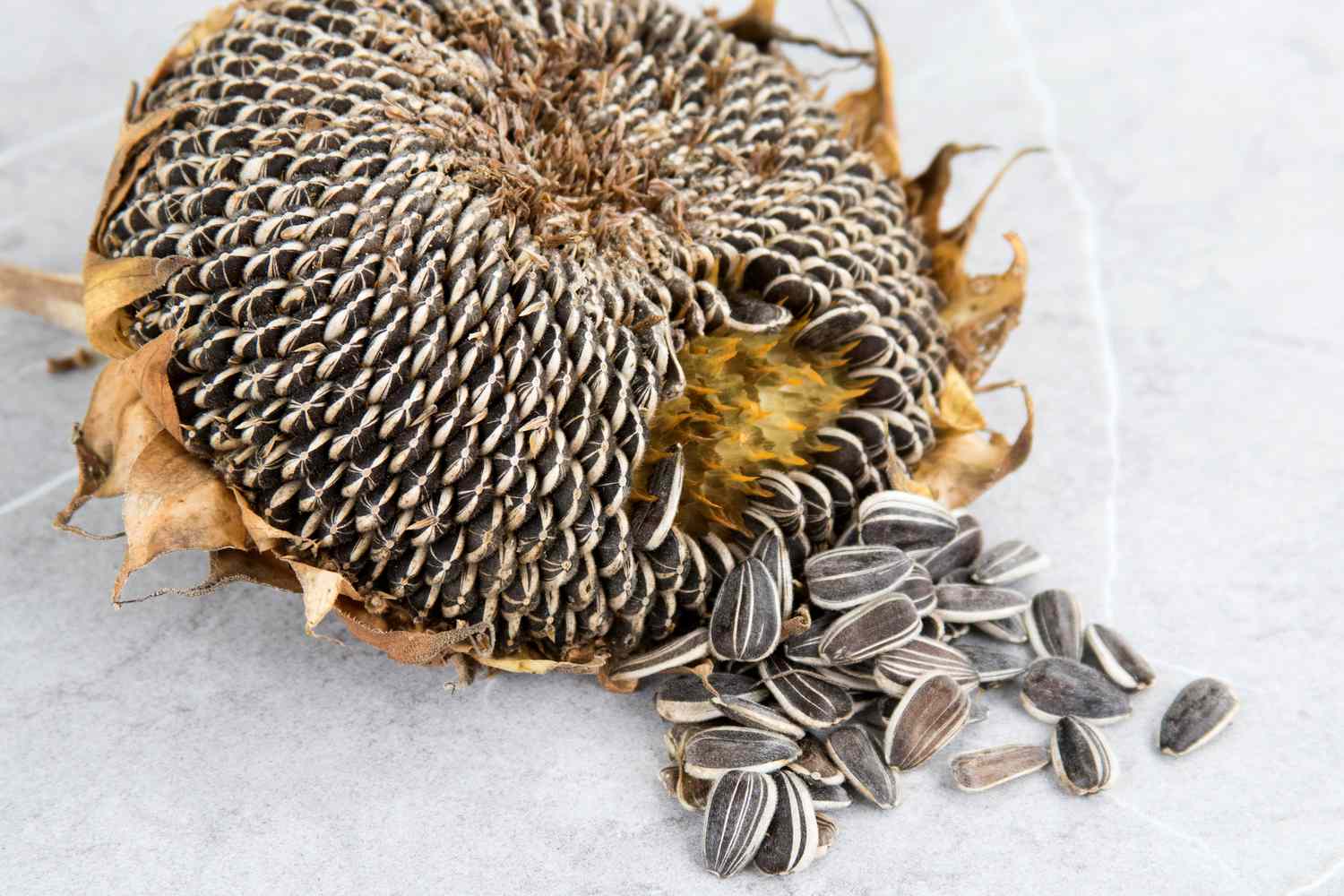
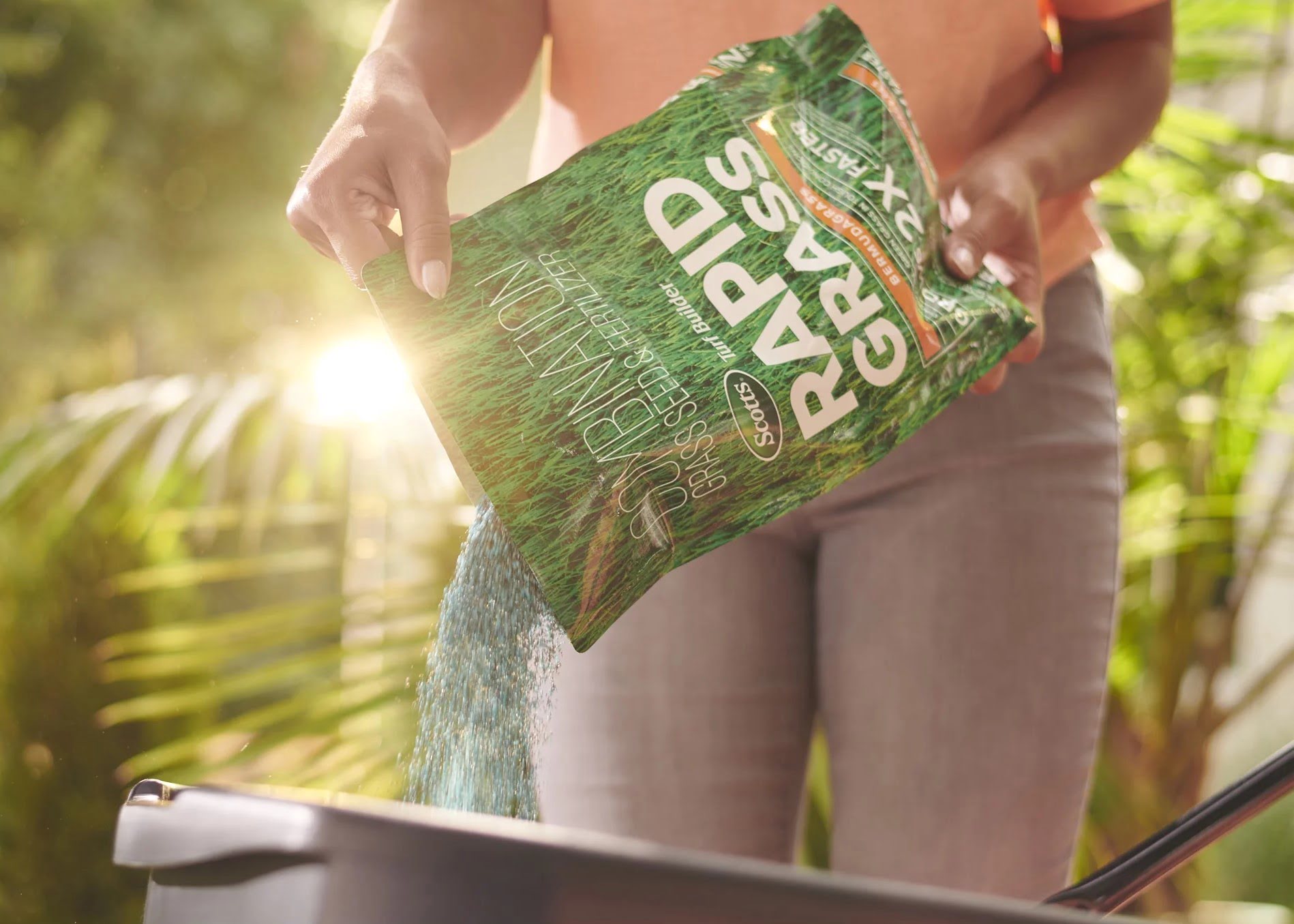
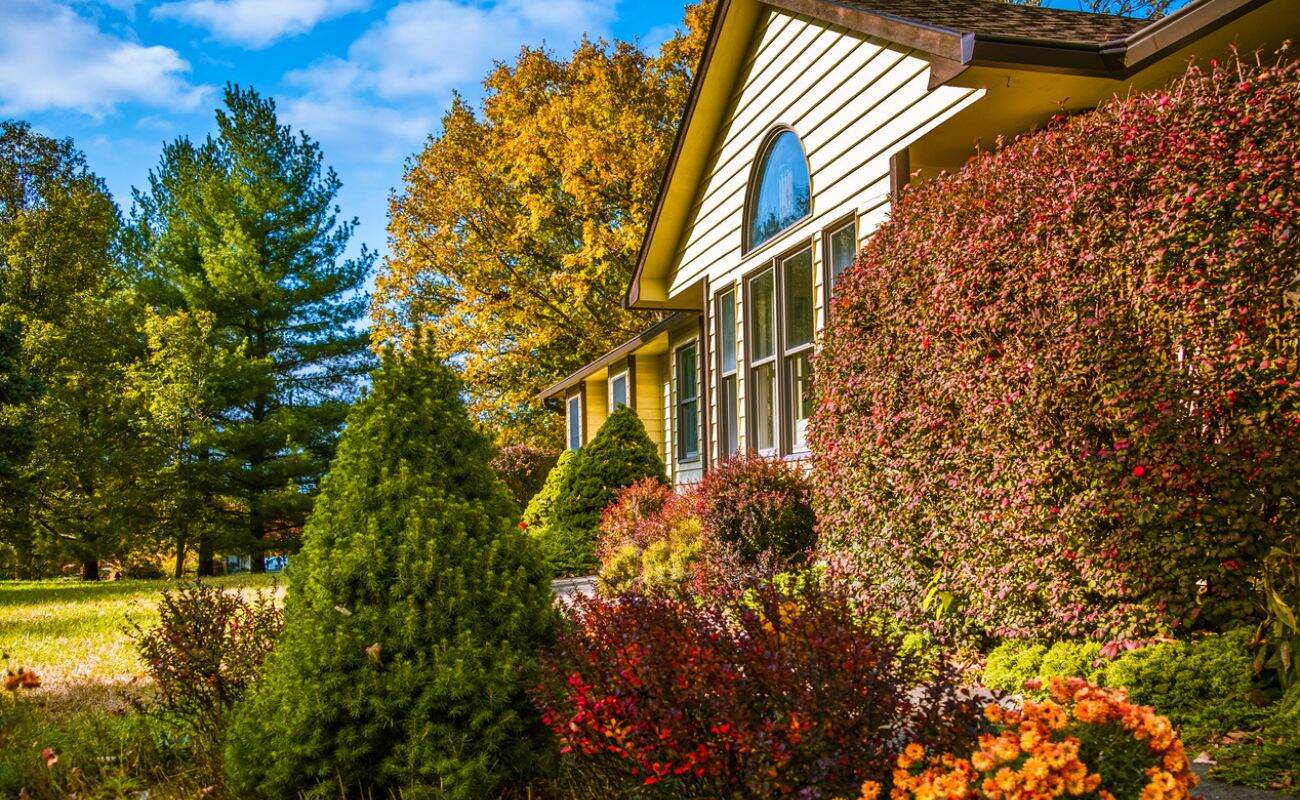
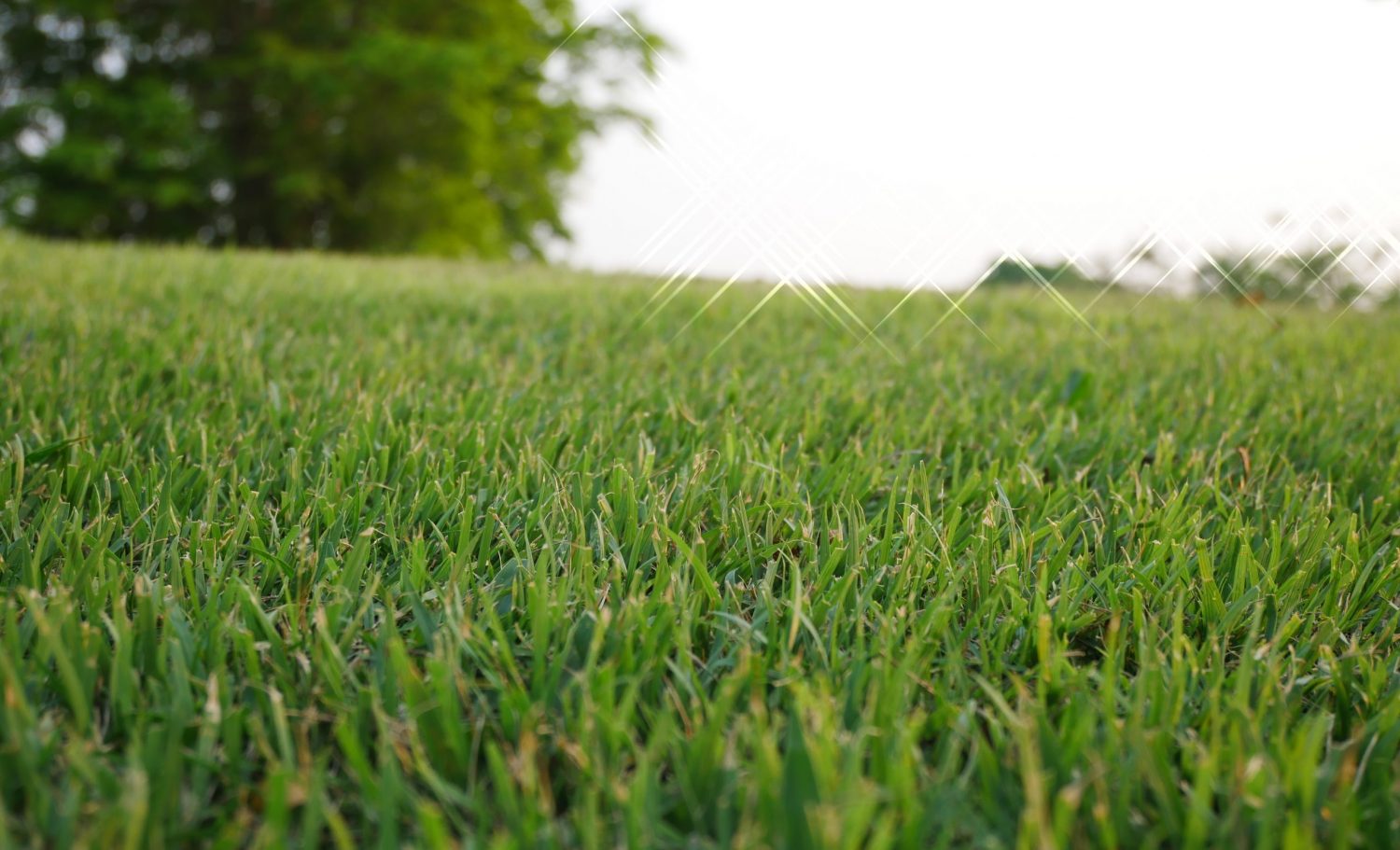
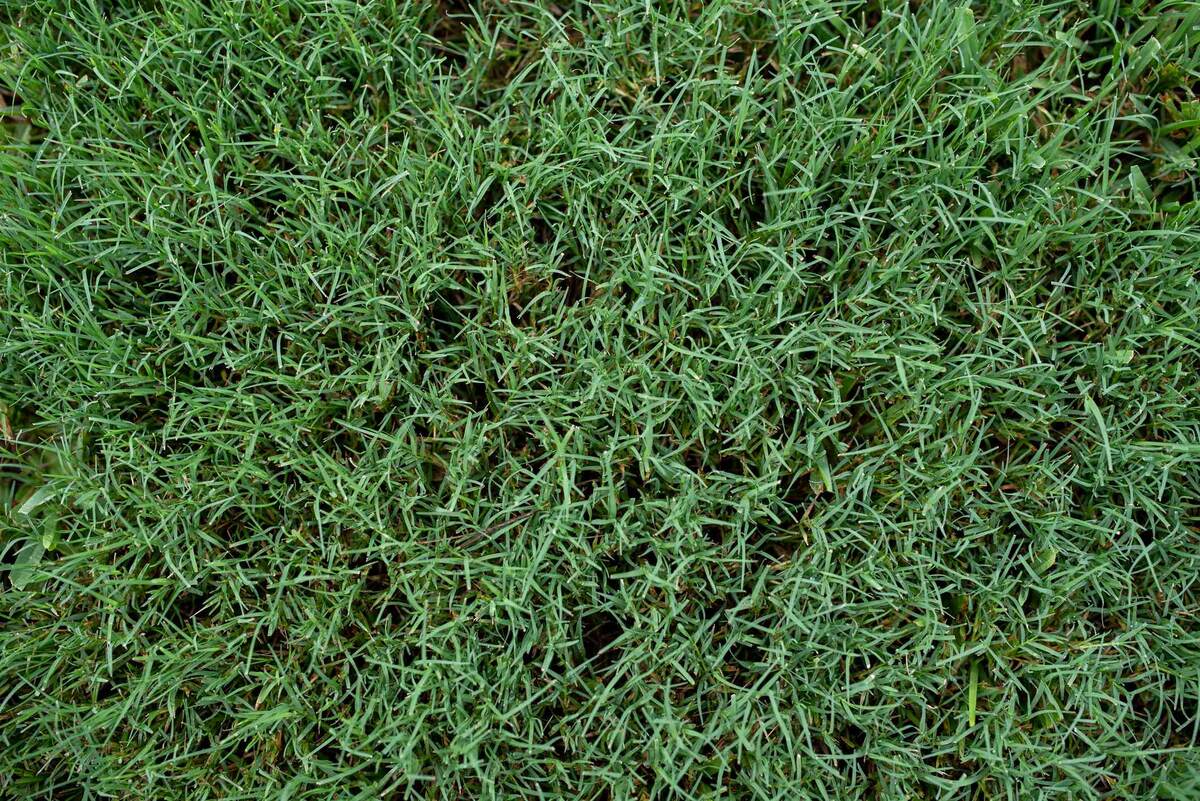
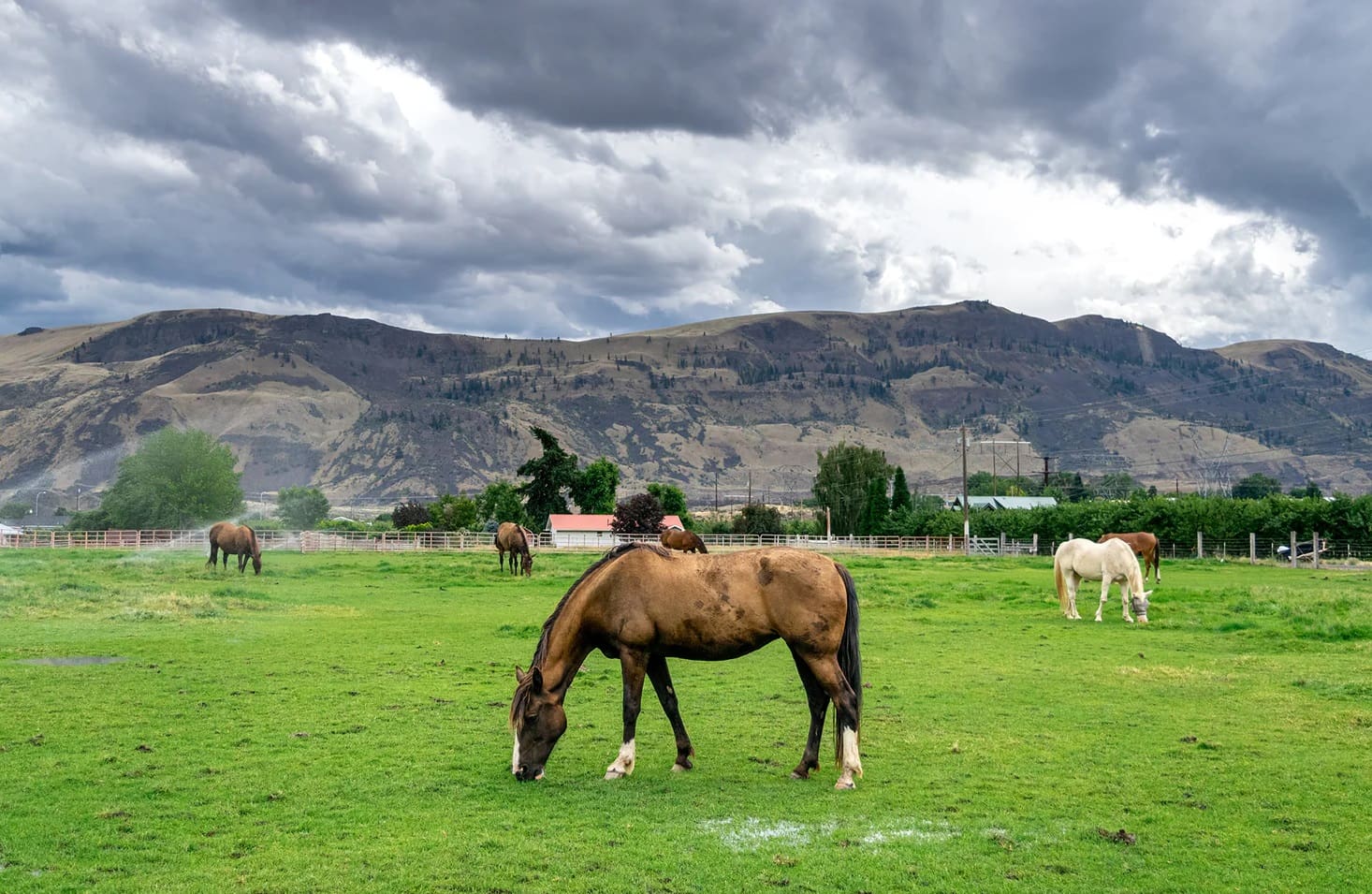
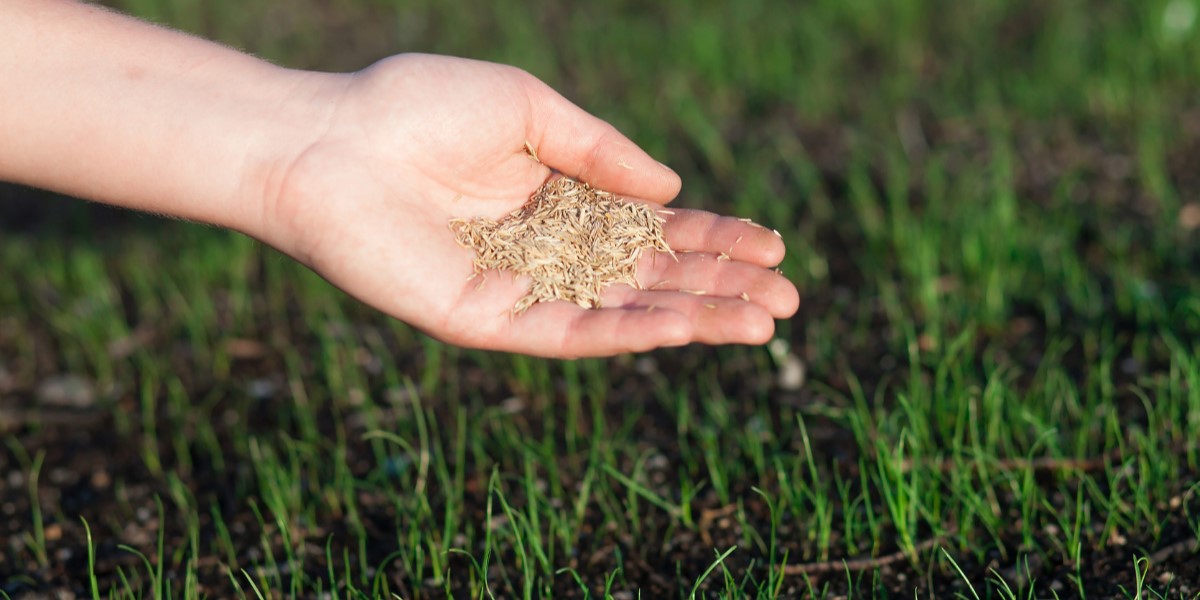
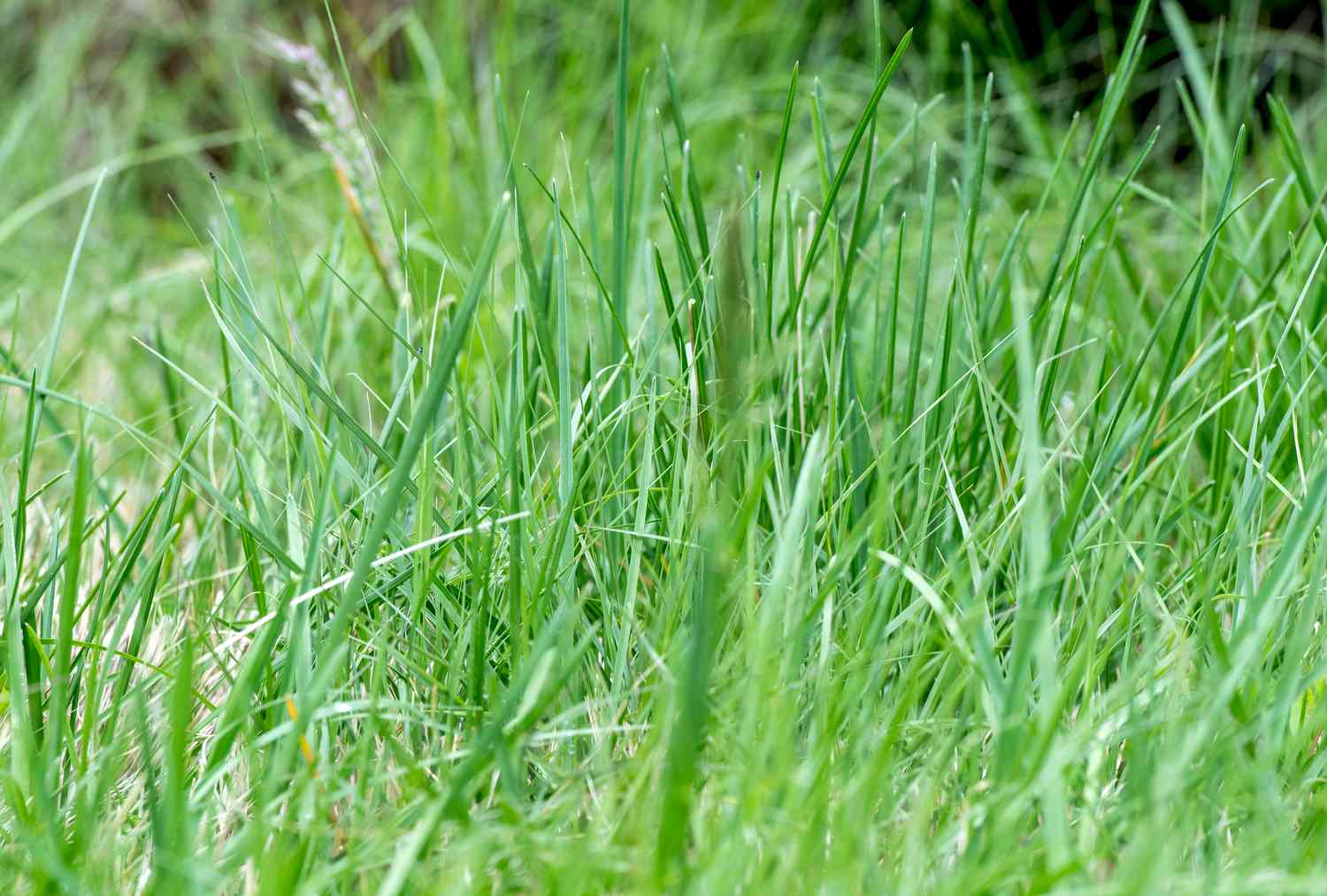
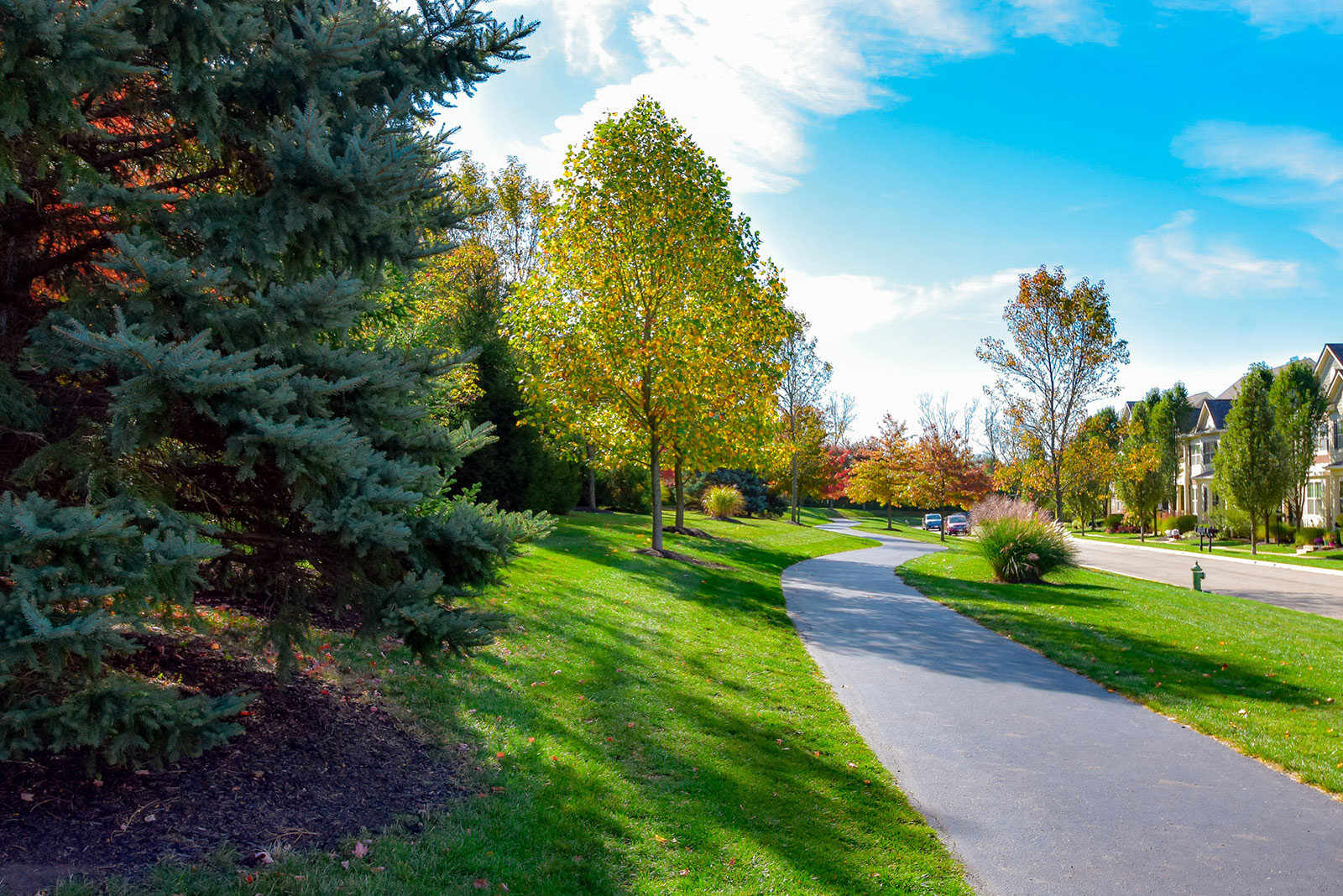
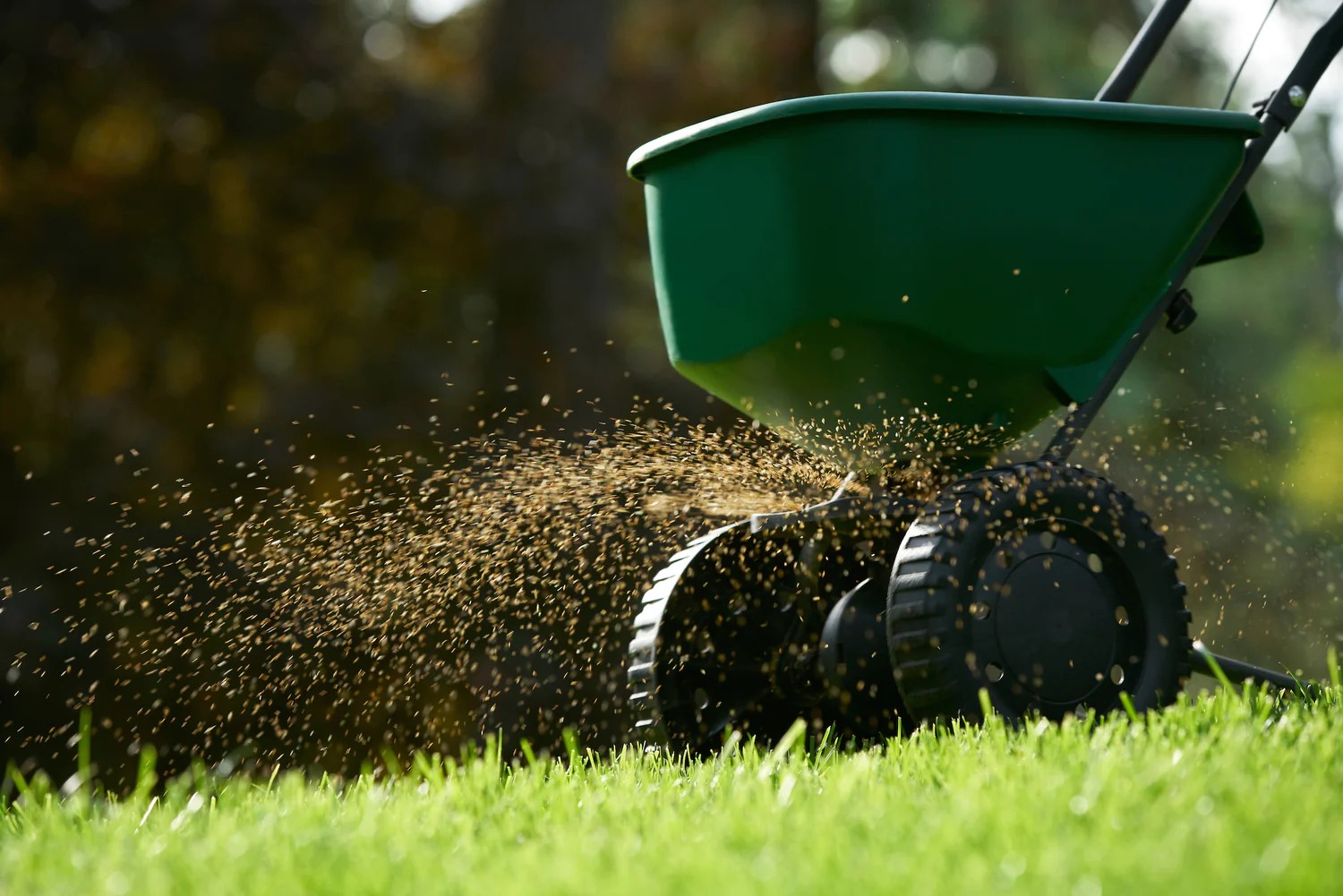
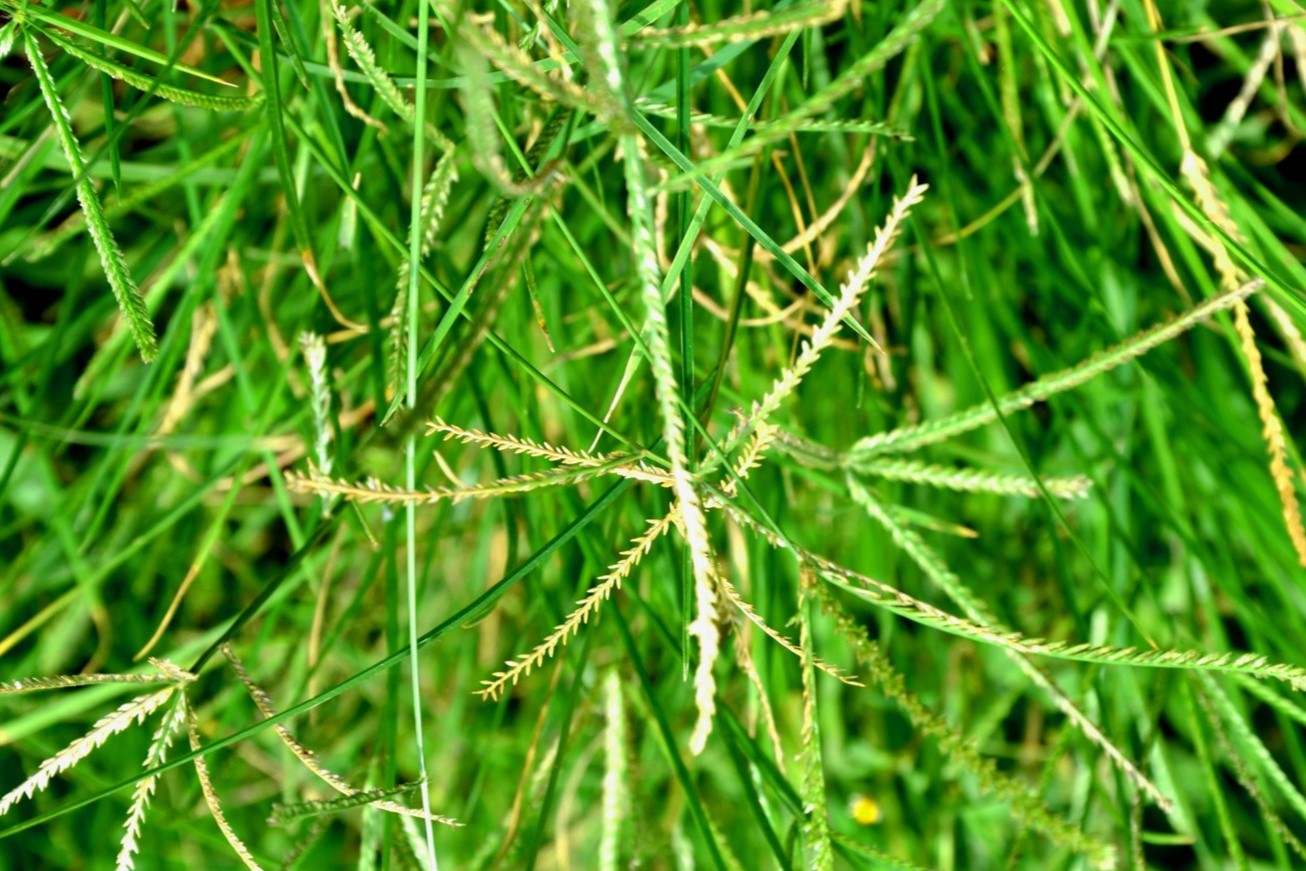


0 thoughts on “When Is The Best Time To Seed Bermuda Grass”